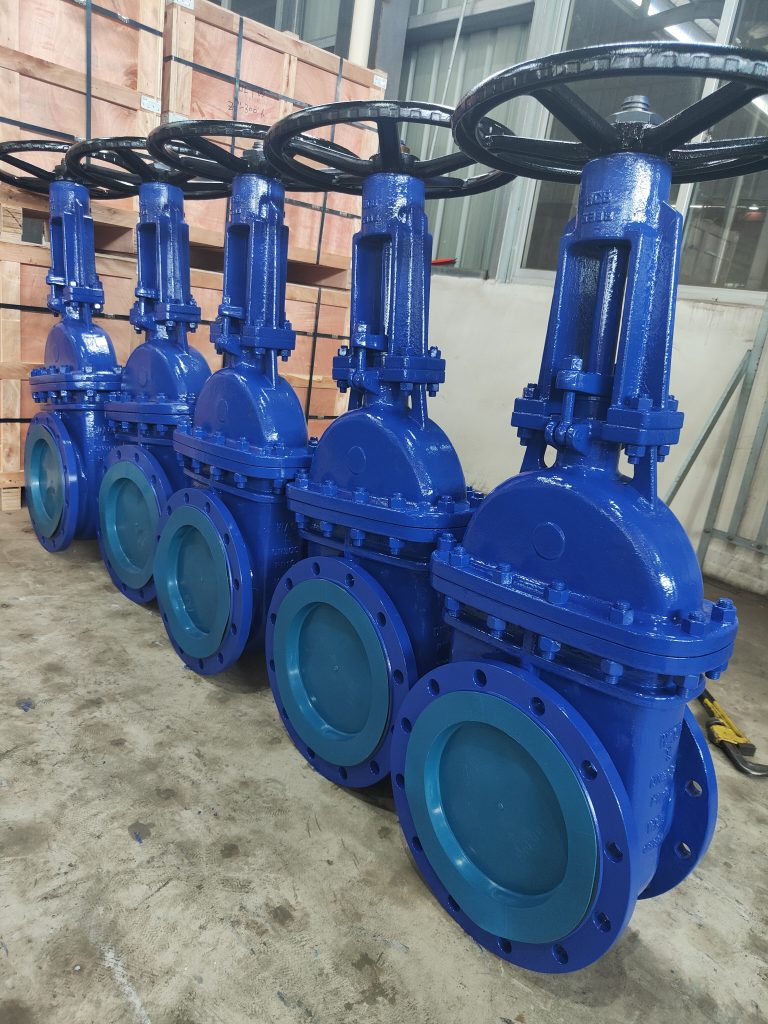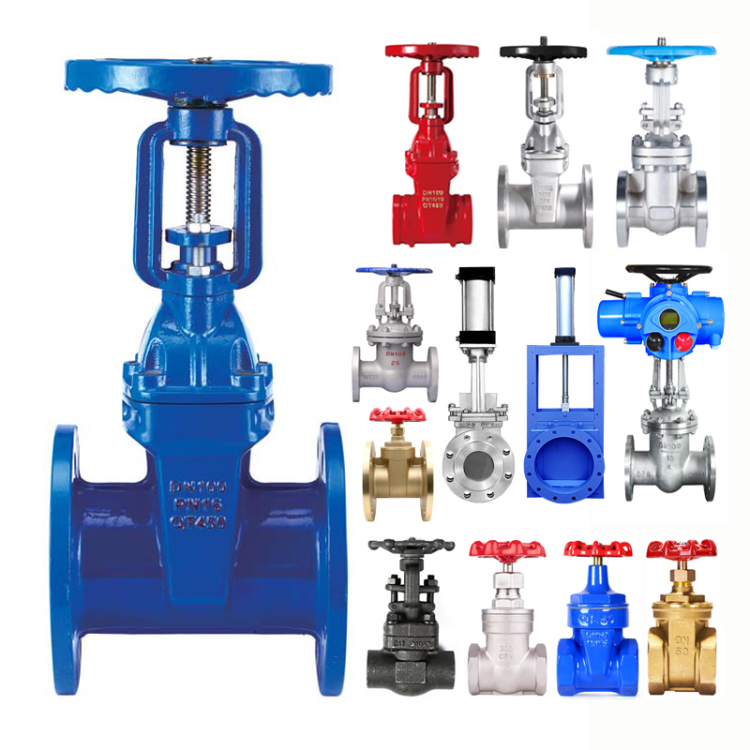Release time:2024-05-14Clicks:
Gate valves are essential components in a variety of industries, including oil and gas, water and wastewater, and chemical processing. They control the flow of liquids by opening and closing a gate or wedge that moves up and down within the valve body. One notable company that produces high-quality gate valves is BSV (British Standard Valves).
BSV is a leading global supplier of valves and valve-related products, offering a wide range of gate valves designed to meet the demands of different industries. We have been in the valve manufacturing business for over ten years and have established themselves as a reputable and high-quality manufacturer. BSV has a wide range of products, including gate valves, globe valves, check valves, and butterfly valves, making them a one-stop-shop for all valve-related needs.

What is gate valve?
A gate valve is a type of valve used to control the flow of a fluid, such as water or gas, in a pipeline. It is designed to open and close a passage by raising or lowering a gate, which is a flat or wedge-shaped barrier. This mechanism ensures a secure and tight seal, making gate valve suitable for use in various industrial, commercial, and residential applications.
A gate valve typically consists of a body, bonnet, gate, stem, and seat. The body is the main outer casing of the valve, while the bonnet is the cover that encloses the internal components. The gate is the barrier that rises and falls to control the flow, and the stem is the part that connects the gate to the handle or actuator. The seat is the sealing surface where the gate comes into contact with to form a tight seal.
There are two main types of gate valves: rising stem and non-rising stem. In rising stem gate valves, the stem is visible and moves up and down as the gate is opened and closed. Non-rising stem gate valves, on the other hand, have a stem that is threaded into the gate, and it rotates to raise or lower the gate without visible movement.

Type of gate valve
BUTTERFLY GATE VALVE
BRASS GATE VALVE
BONNET GATE VALVE
AVK GATE VALVE
Gate valves are an essential type of industrial valve that offers tight shut-off and full bore opening. They are available in various types and are suitable for a wide range of applications. However, careful consideration must be given to the design and material selection to ensure efficient and reliable operation. There are several types of gate valves that differ in design and operation. The most common types include:
Functions and Applications
Gate valves are primarily used to start or stop the flow of a medium in industrial processes. They are commonly used in the oil and gas, water treatment, chemical, petrochemical, and power industries. Gate valves are essential in applications where it is necessary to isolate sections of a pipeline to perform maintenance or repairs. They are also used as shut-off valves in fire protection systems.

Advantages of Gate Valves
Disadvantages of Gate Valves
About BSV

BSV is a leading global supplier of valves and valve-related products, offering a wide range of gate valves designed to meet the demands of different industries. We have been in the valve manufacturing business for over ten years and have established themselves as a reputable and high-quality manufacturer. BSV has a wide range of products, including gate valves, globe valves, check valves, and butterfly valves, making them a one-stop-shop for all valve-related needs.
We have a state-of-the-art factory that utilizes advanced technology and production equipment for the manufacturing of their gate valves. The company has a team of experienced engineers and technicians who oversee the production process and ensure that the valves are of superior quality. BSV’s manufacturing process includes casting, machining, assembly, and testing, all of which are done in-house, ensuring strict quality control and timely delivery.
As a valve supplier, BSV has a global reach with customers from various industries, including oil and gas, water treatment, chemical, and power plants. BSV is a trusted supplier due to their high-quality products, quick delivery, and excellent after-sales services. The company also offers OEM and ODM services, where they customize their products according to the customer’s specifications. With their strong production capabilities, BSV can manufacture valves in bulk quantities to meet the demands of their customers.